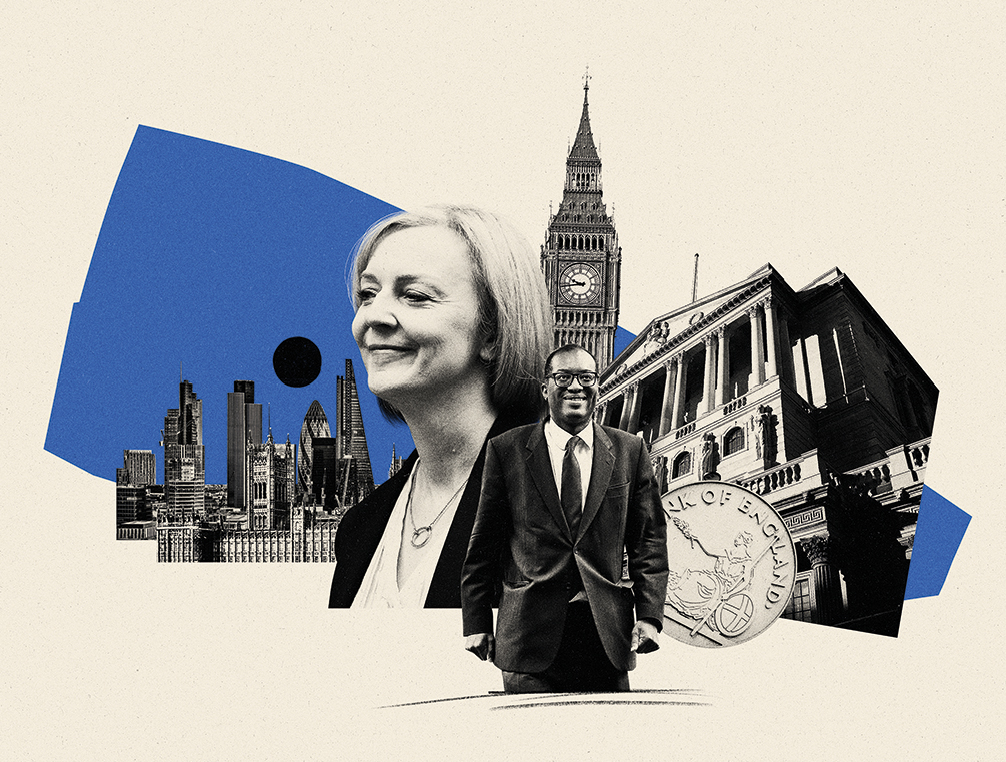
Liz Truss’s brief premiership was a political and economic catastrophe. The pound plummeted to a record low against the US dollar; the UK’s borrowing costs rose above those of Italy and Greece; and support for the Conservative Party fell to just 19 per cent. Faced with a revolt by the markets, voters and her own MPs, the prime minister was forced to abandon almost all of her agenda. On 25 October she left office after 49 days as prime minister.
Yet a year on, Ms Truss and her free-market allies remain defiant – and believe their time may yet come again. As Rachel Cunliffe writes in this week’s cover story on page 18, the Trussites view the prospect of opposition with relish. “Opposition has probably lent itself better to the kind of long-term strategic thinking that you need than government,” Kwasi Kwarteng, the former chancellor of the Exchequer, says. “It’s no accident that if you look at the last 50 years, the two great reforming governments were New Labour under Tony Blair, and Margaret Thatcher’s. It’s no surprise that a lot of their thinking was done in their long years of opposition.”



